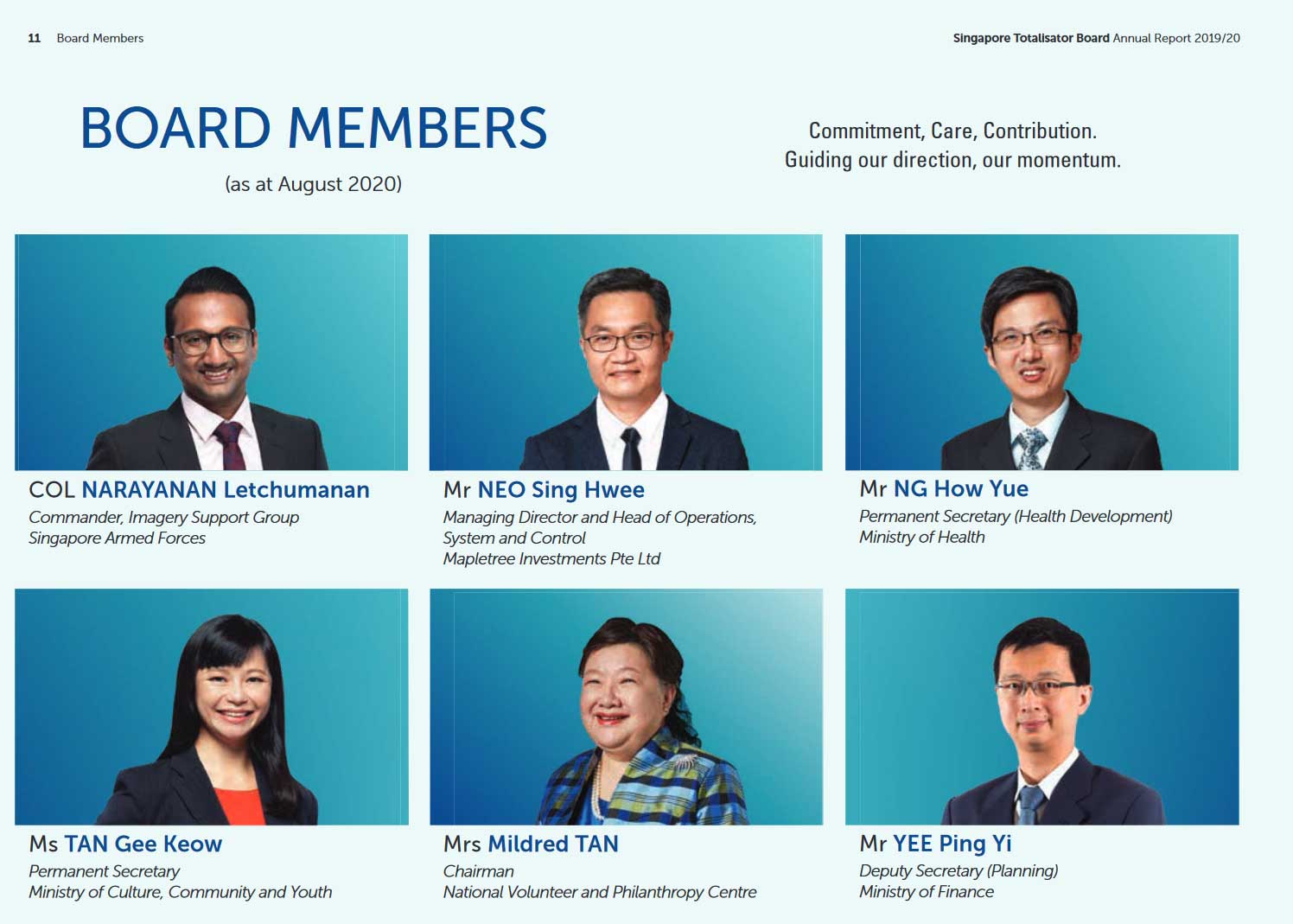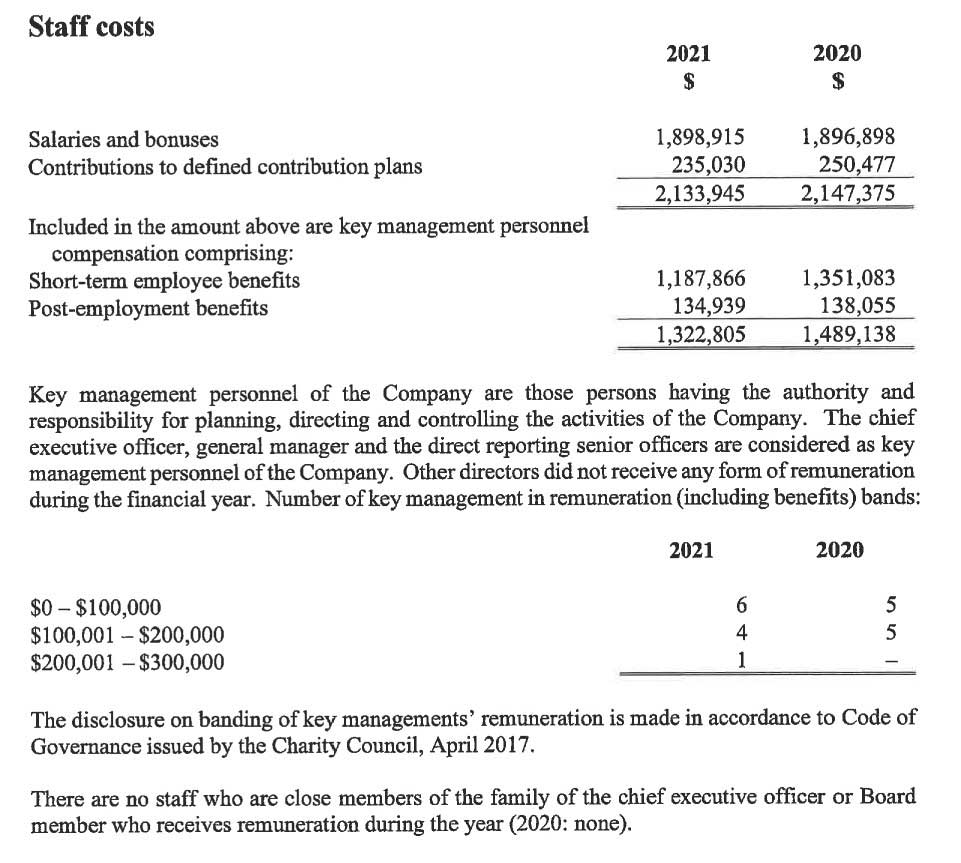SINGAPORE: MacPherson MP Tin Pei Ling’s former role at Business China, a non-profit organization, is being scrutinised online after the ruling party politician came under fire just weeks ago for taking a new role at Grab that raised conflict of interest issues.
The public’s interest in Ms Tin’s private appointments has yet to abate, even after the People’s Action Party (PAP) ended the widespread concerns over her role at Grab.
Some netizens are now digging into her former role at Business China, raising questions about her salary and possible conflicts of interest. Some have pointed out that Ms Tin’s husband is a board member of the Tote Board, Business China’s largest funder.
This is not the first time that questions have risen about the influence Ms Tin’s husband may have had in her career. Her husband, Ng How Yue, is a top government official with a lengthy career in public service. He also served as Principal Private Secretary to Prime Minister Lee Hsien Loong. Ms Tin was chosen as a candidate for 3 General Elections by the People’s Action Party, headed by Mr Lee.
Netizens are now raising questions over the close link the husband and wife duo knowingly or unknowingly shared when she was with Business China.
Business China’s largest source of revenue is from donations and grant money. Singapore’s Tote Board – a statutory board under the Ministry of Finance – has given the firm its largest grant of S$1.73 million.
The Tote Board also entered into a new funding agreement with Business China last April and promised to fund 40 per cent of the organisation’s annual operating expenditure, capped at S$5,200,000, until December 2024.
Mr Ng How Yue has been a board member of the Tote Board since 2019.

Singaporeans online are also asking how much-ruling party politicians have earned from the non-profit as Ms Tin’s predecessors as Business China CEO were her PAP colleagues, Sun Xueling, Low Yen Ling, and Josephine Teo.
Interestingly, just last month, Workers’ Party politician Leon Perera asked Deputy Prime Minister Lawrence Wong if there are any current regulations in Singapore regarding the practice of “overboarding,” which refers to individuals holding more board directorships than they can effectively manage.
The Government said that this issue is “not prevalent” in Singapore as enforcement action is taken against directors who fail to discharge their duties responsibly, no matter how many directorships they hold.
As for Ms Tin, internet sleuths are predicting that the third-term MP may have earned over S$200,000 per year since she became CEO in 2018.
According to one of Business China’s financial reports, six key management personnel were paid up to S$100,000 each, four were paid from S$100,000 to S$200,000 each, and one was paid between S$200,000 to S$300,000.

In January, Ms Tin was announced as Grab’s inaugural Director of Public Affairs and Policy – a role that would have required her to lobby for public policy issues with Government entities on behalf of Grab. The appointment led to widespread concerns as Ms Tin chairs the Government Parliamentary Committee (GPC) for Communications and Information on top of serving as a sitting MP.
Some also pointed out online that the acronym for her new Public Affairs and Policy director role is “PAP” – the same acronym widely used for the ruling party. Ms Tin, however, insisted that her new job at Grab would be distinct from her political roles.
The PAP later said it initially gave her the green light to take up the role but expressed concerns after it became clear that lines in her public and private roles may become blurred given the circumstances. Grab eventually changed her role to Director (Corporate Development) – a role that will not involve Government relations in Singapore, according to the PAP.

